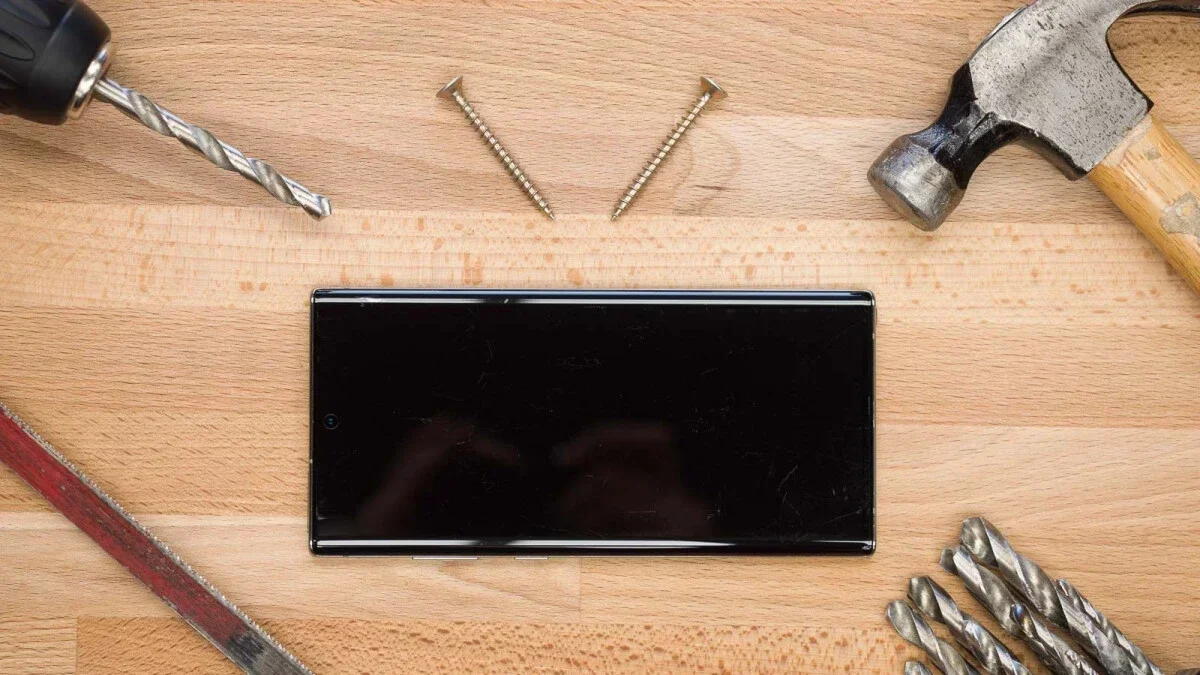The Beaver State passed the strongest-yet electronics Right to Repair bill

“I’m beyond proud of my home state for passing the strongest-yet electronics Right to Repair bill”
That’s how iFixit CEO Kyle Wiens feels about the fact that Oregon has passed an electronics Right to Repair law.
This US Right to Repair law marks a first by mandating that independent repair shops have valid certifications, such as WISE, CompTIA A+, or NAST, to access repair materials, though manufacturers may recognize other certifications. This move could greatly benefit independent shops, offering them a way to navigate through the hurdles and restrictions imposed by companies like Apple, which have made repairs increasingly difficult with software limitations like parts pairing. This system restricts repairs by linking parts to a device's serial number, leading to functionality issues or misleading warnings if unrecognized.
The legislation bans parts pairing that blocks or limits the use of functional parts, reduces device performance, or triggers false alerts. This is a significant challenge for Apple, which opposed the bill citing safety, security, and privacy concerns, despite not explaining why other manufacturers manage such repairs without these issues.
Follow us on Google News












Things that are NOT allowed:
To help keep our community safe and free from spam, we apply temporary limits to newly created accounts: